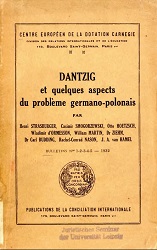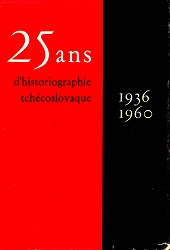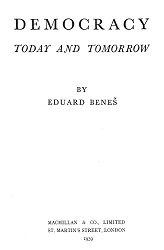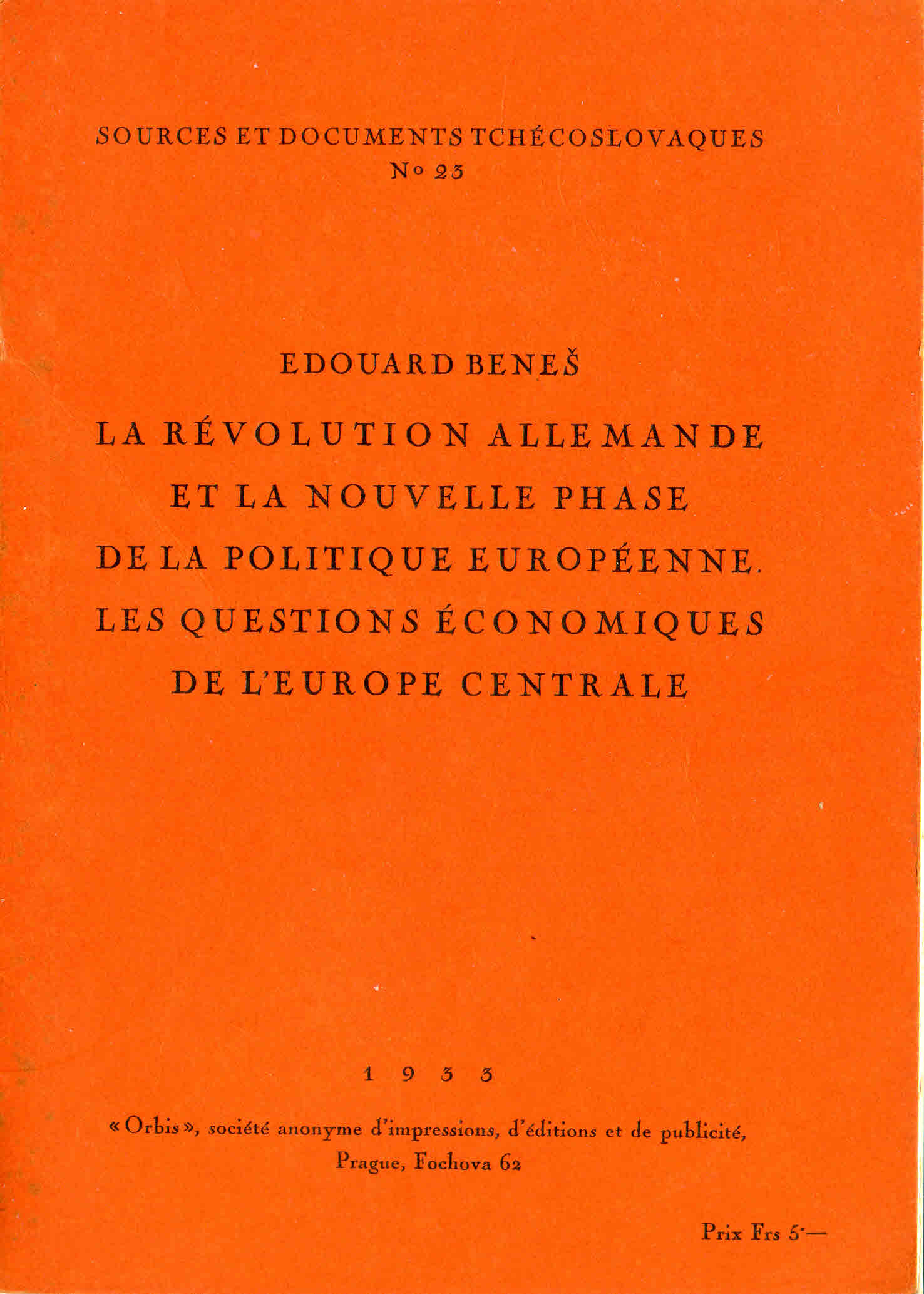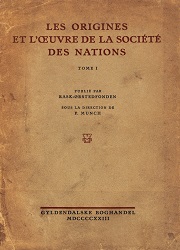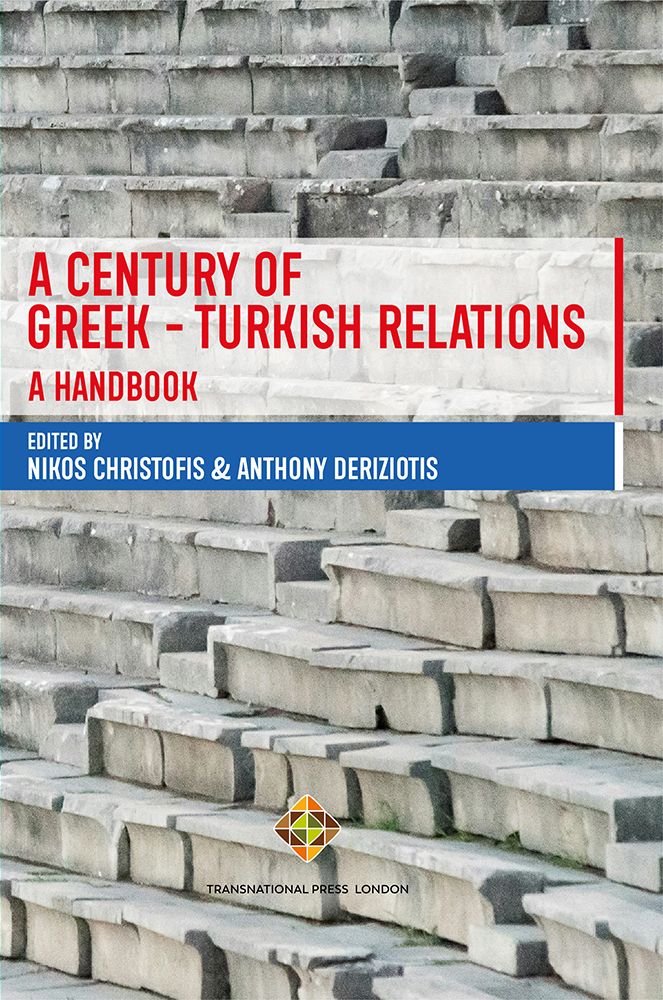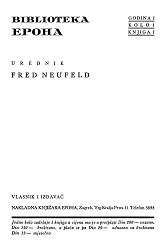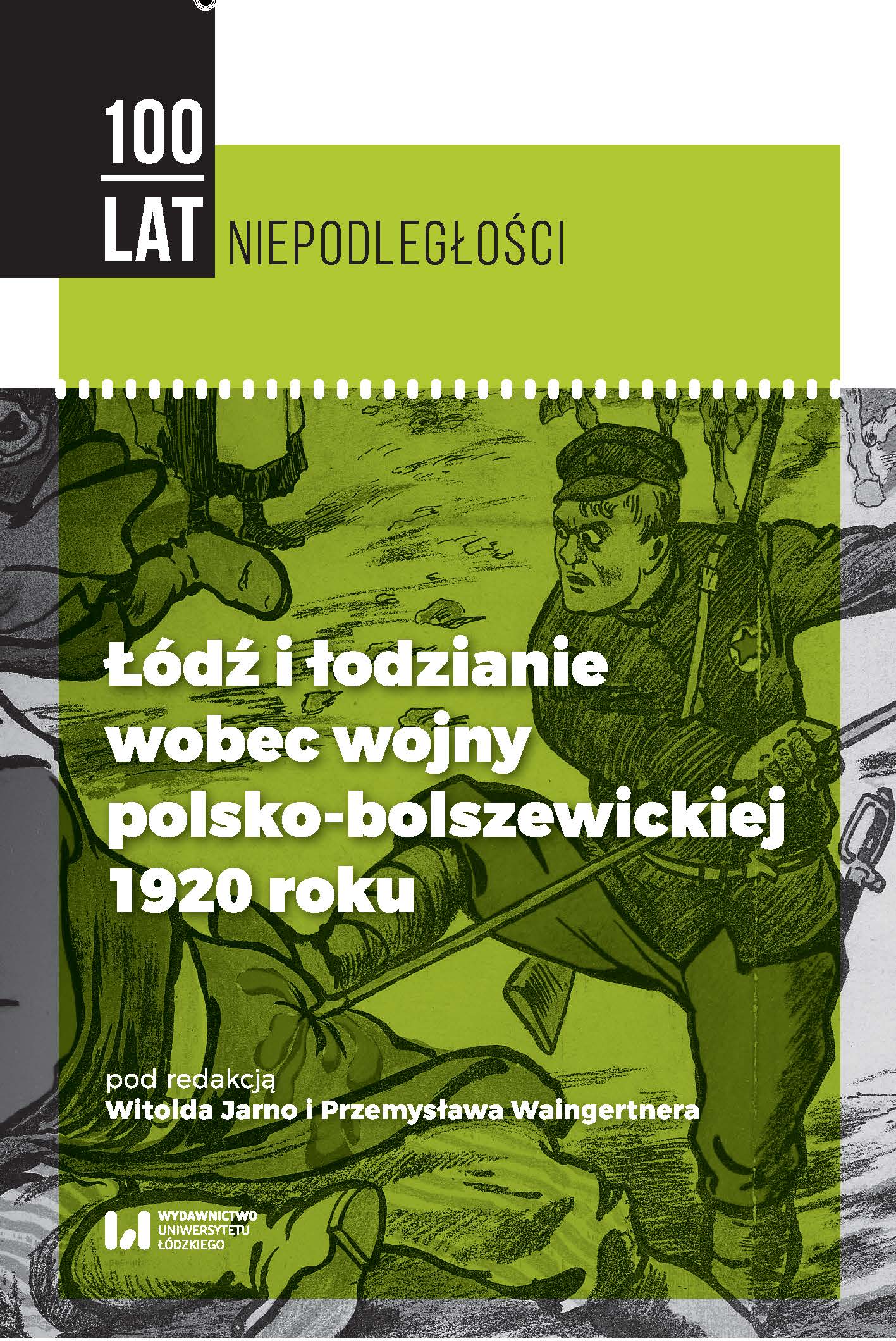
Łódź i łodzianie wobec wojny polsko-bolszewickiej 1920 roku
The book contains texts of well-known historians, museologists and archivists of Łódź, who aimed at presenting the impact of the Polish-Soviet War (1919–1921) on the functioning of Łódź and its inhabitants as well as the participation of Łódź residents in this armed conflict. The authors present the role of the city as an administrative center and a center of socio-political, cultural and military life. They picture the activities of the Łódź community as well as the local political, intellectual and economic elites, confronted with the war with Bolshevik Russia. The authors draw expressive portraits of the Łódź politicians and social activists. At the same time, they are looking for traces of this dramatic period in the modern image of the city, its museums, archives and at the great necropolises of Łódź. They ask questions about the place of 1920 in the collective memory of generations of Łódź residents.
More...
